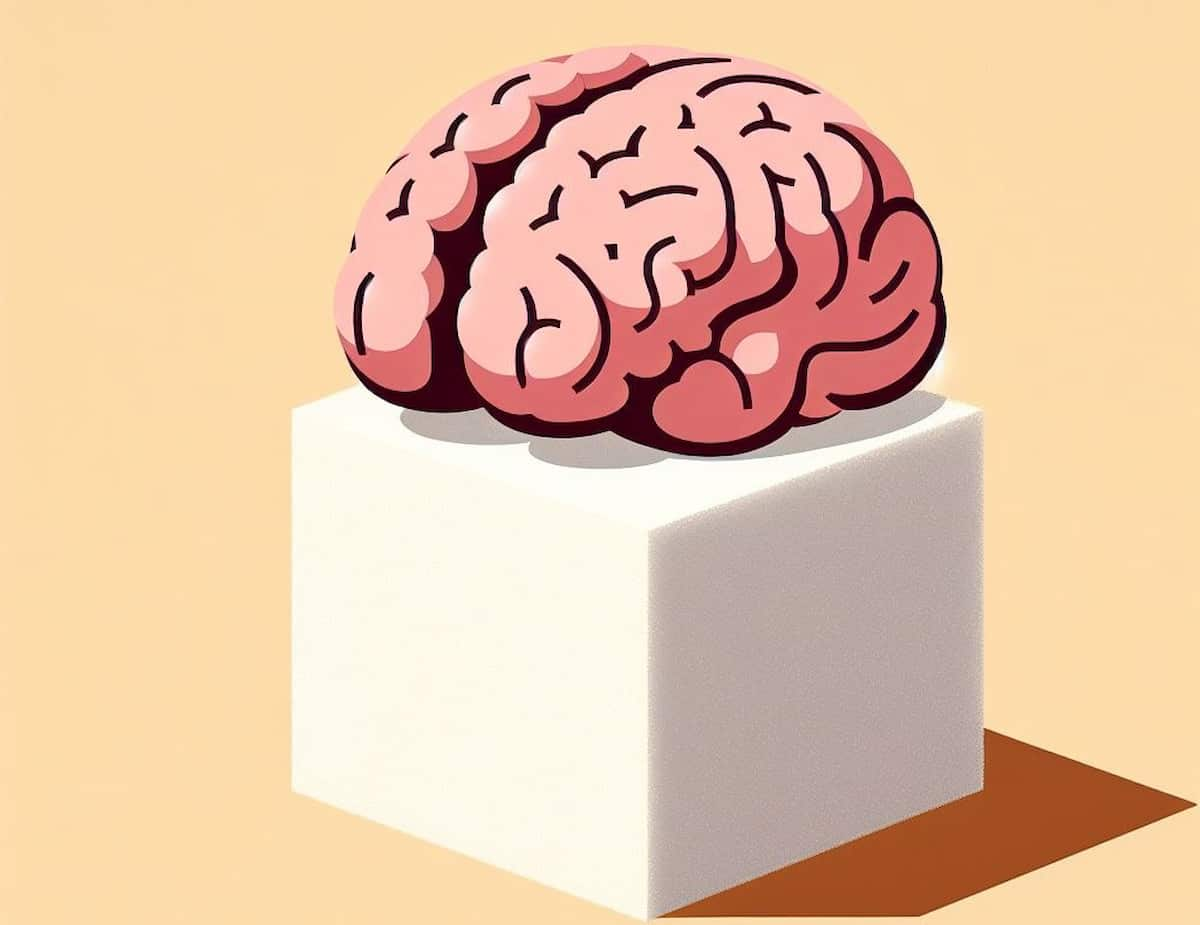Both personality traits can be increased with practice.
Working towards long-term goals is a trainable key to good mental health, research finds.
People who keep following their dreams are less likely to suffer from depression, anxiety or panic attacks.
The other trait that helps people maintain good mental health is being optimistic.
Both being optimistic and persistent can be increased with practice.
Dr Nur Hani Zainal, the study’s first author, said:
“Perseverance cultivates a sense of purposefulness that can create resilience against or decrease current levels of major depressive disorder, generalized anxiety disorder and panic disorder.
Looking on the bright side of unfortunate events has the same effect because people feel that life is meaningful, understandable and manageable.”
The study included 3,294 people who were surveyed three times over 18 years.
Each time they were asked about their goal persistence and positive reappraisals.
Along with other questions, they were asked if they agreed with statements like:
- “When I encounter problems, I don’t give up until I solve them.”
- “I can find something positive, even in the worst situations.”
People who agreed with these statements early in the study had a reduced incidence of depression, anxiety and panic disorders 18 years on.
Those who had better mental health at the start of the study also found it easier to focus on the positive and keep working at their long-term goals, the researchers found.
Dr Zainal said:
“Our findings suggest that people can improve their mental health by raising or maintaining high levels of tenacity, resilience and optimism.
Aspiring toward personal and career goals can make people feel like their lives have meaning.
On the other hand, disengaging from striving toward those aims or having a cynical attitude can have high mental health costs.”
Self-mastery, which the researchers also measured, was not linked to mental health.
Dr Michelle G. Newman, study co-author, said:
“This could have been because the participants, on average, did not show any changes in their use of self-mastery over time.
It is possible that self-mastery is a relatively stable part of a person’s character that does not easily change.”
Giving up can lead to vicious circle, said Dr Zainal:
“Clinicians can help their clients understand the vicious cycle caused by giving up on professional and personal aspirations.
Giving up may offer temporary emotional relief but can increase the risk of setbacks as regret and disappointment set in.
Boosting a patient’s optimism and resilience by committing to specific courses of actions to make dreams come to full fruition despite obstacles can generate more positive moods and a sense of purpose.”
The study was published in the Journal of Abnormal Psychology (Zainal et al., 2019).










